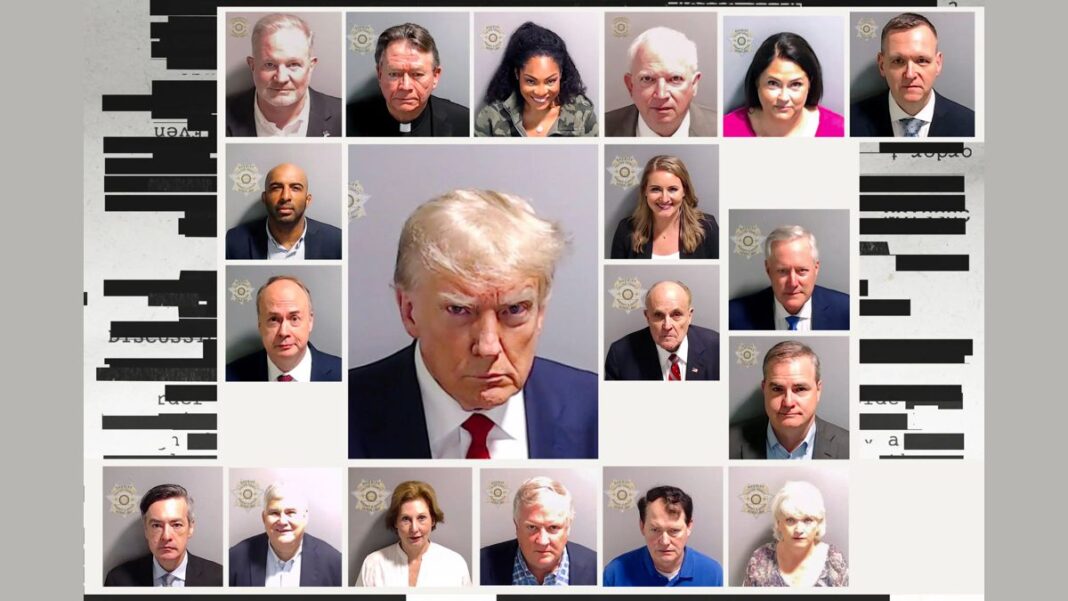Georgia’s Racketeer Influenced and Corrupt Organizations (RICO) Act is so broad that it’s left up to prosecutors to refrain from abusing it, according to several experts. The onus is also on juries to discern when it’s being abused and refuse to return a conviction.
The law has been used by Fulton County District Attorney Fani Willis to charge former President Donald Trump and 18 others over their efforts to challenge the 2020 presidential election results. It appears that Ms. Willis didn’t need to stretch the law; as written, it could be applied to much more trivial acts than what she alleged.
Applying the statute to petty, although technically illegal, activity would amount to abusing it, according to Christopher Timmons, a trial attorney, former prosecutor, and expert on Georgia RICO.
While such abuse hasn’t yet occurred, there have been some situations when an overly expansive use of the law was contemplated, he suggested to The Epoch Times.
“I’ve talked people out of using the statute,” he said.
The law is extremely powerful in ferreting out gang and mob-style criminal activity. It’s designed to nab kingpins who intentionally keep themselves several steps removed from the illegal activity they command.
However, theoretically, it also could be used to impose lengthy sentences on people who’ve minimally overstepped the bounds of law, even if they did so for a good cause.
The Trump indictment appears to be somewhere in the middle—it alleges criminal activity, while also using some of the complex extremities of the statute that significantly rely on what the accused allegedly was thinking, rather than doing.
It’s exactly the reliance on a criminal state of mind that may prove to be the weakest point of the case, Mr. Timmons and others suggested.
Sprawling Law
RICO laws date back to efforts in the 1970s to root out organized crime; the federal RICO statute was enacted as part of the 1970 Organized Crime Control Act. It took some years for prosecutors, but the law was eventually used to imprison a number of high-profile mob bosses.
At least 33 states have enacted their own RICO statutes, starting with Pennsylvania in 1973. Georgia was the sixth state, in 1980.
There are major differences between the federal and Georgia RICO laws.
By Petr Svab







